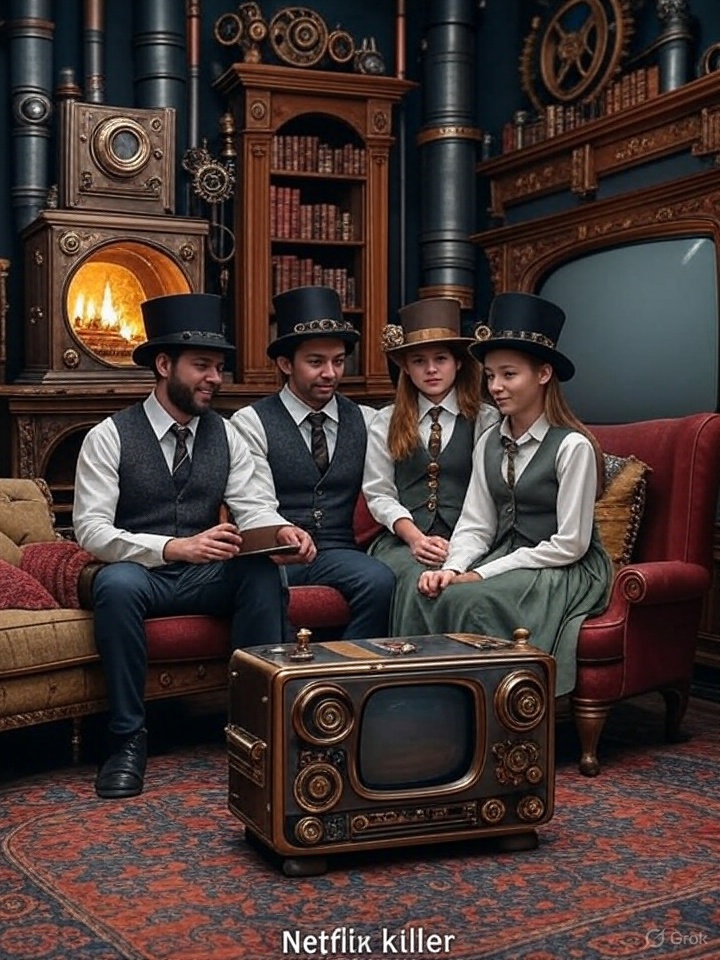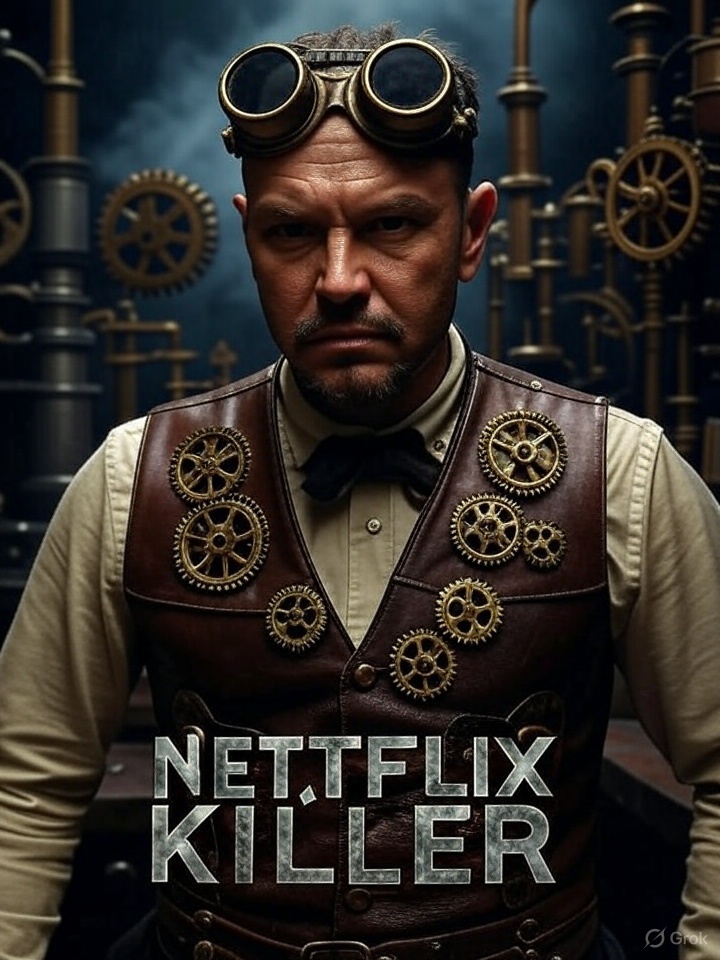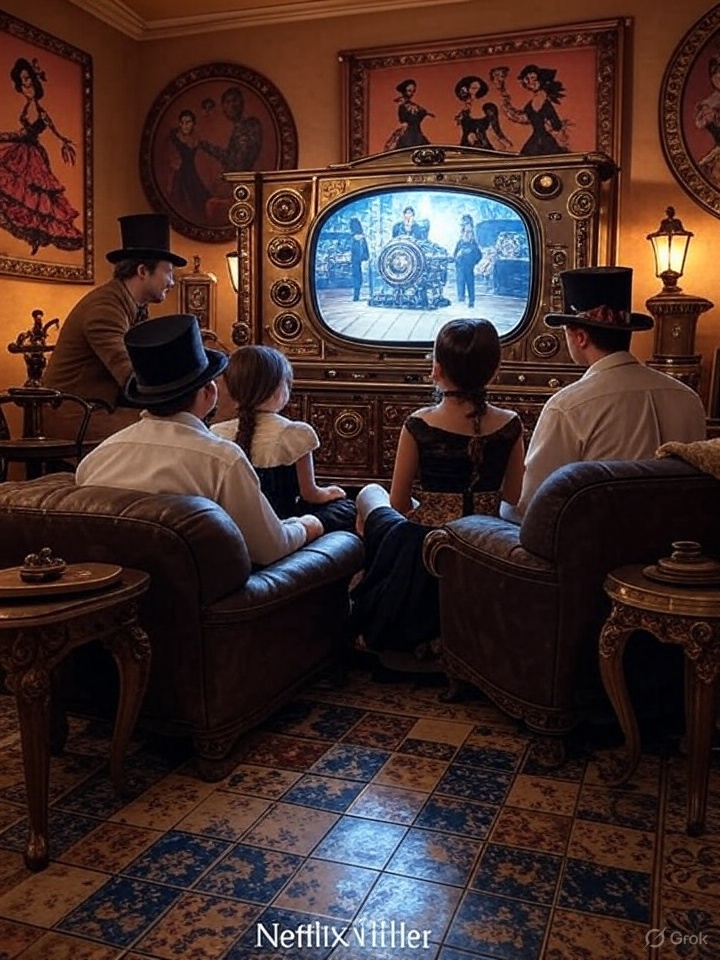The European media landscape is stirring, spurred by looming tariff threats from overseas partners and a growing push for content self-sufficiency.
 The idea of a "Netflix killer" is gaining traction at the highest levels, with initiatives sprouting from all corners. Enter Cordoba, a new Pan-European media group announced with a focus on content distribution, original production, and the development of AI-driven online platforms.
The idea of a "Netflix killer" is gaining traction at the highest levels, with initiatives sprouting from all corners. Enter Cordoba, a new Pan-European media group announced with a focus on content distribution, original production, and the development of AI-driven online platforms.
Leading the charge are two high-profile figures: Lord Anthony William Hall, former BBC director-general, and Franco-American engineer Luc Julia, often credited as a co-creator of Apple’s Siri.
Their backgrounds hint at Cordoba’s ambitions: a global service infused with AI innovation. The advisory board boasts a distinctly European lineup, including veterans from Canal+ and UNESCO, a Yahoo co-founder, and even environmental activists — hardly a surprise in today’s climate.
The fanfare is enticing, but a closer look at the founders’ histories raises eyebrows. Julia, who has drifted through various companies for two decades, can only loosely claim the Siri title — his contribution amounts to a 1997 patent co-registered with Adam Cheyer.
Meanwhile, Hall’s exit from the BBC five years ago was a polite dismissal after failing to navigate government disputes over the corporation’s charter renewal. Both bring credentials, yet their relevance feels dated, casting a shadow over Cordoba’s bold vision.
 Also read:
Also read:
- Netflix Doubles Down on Spanish Cinema Amid California Protests
- YouTube’s Creator Economy Surges to $55 Billion and 490,000 Jobs in 2024, New Report Shows
- Nintendo Sets New Console Sales Record with Switch 2 Launch
Despite the mixed pedigree, the group’s AI-centric approach could carve a niche, especially as Europe seeks to counter foreign dominance in media.
Whether this venture thrives or falters may hinge on how well its leaders adapt their past successes to a rapidly evolving digital frontier.






